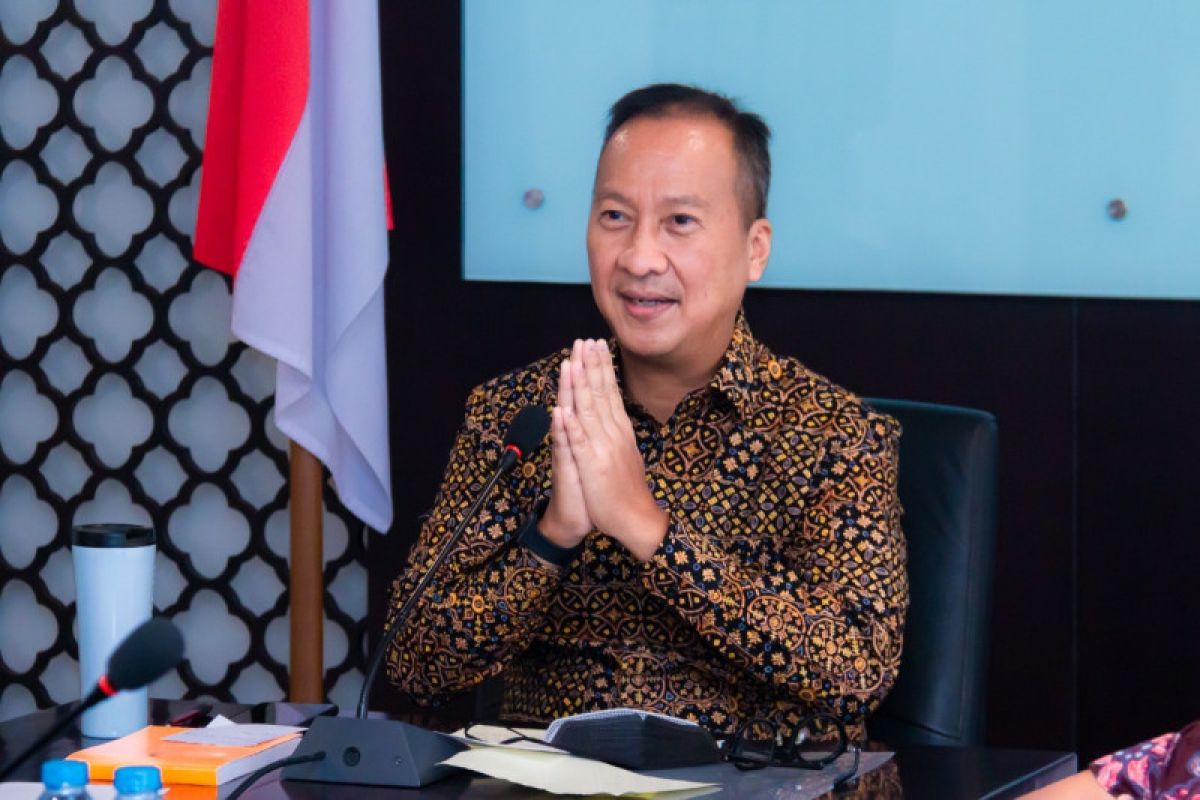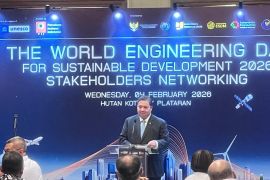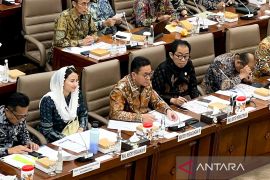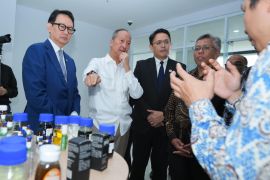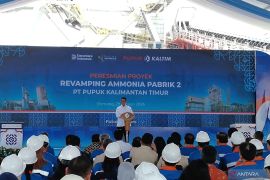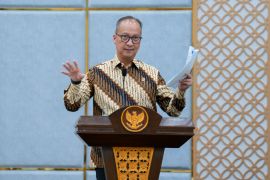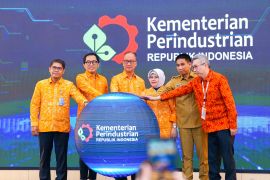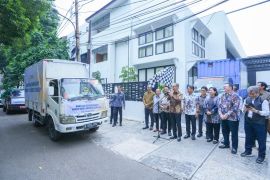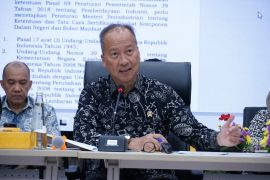Past experiences offer many lessons that (intense) growth is not (sufficient to) reinforce the economy (nor is) creating a strong manufacturing industryJakarta (ANTARA) - Deindustrialization should serve as a reminder that several aspects need to be addressed for the manufacturing industry sector to grow and develop in order to drive the national economy, Industry Minister Agus Gumiwang Kartasasmita stated.
"Past experiences offer many lessons that (intense) growth is not (sufficient to) reinforce the economy (nor is) creating a strong manufacturing industry," Kartasasmita remarked here on Tuesday.
The minister made the statement on the occasion of the 76th Independence Day Reflection on Building Independent, Forward, Just, and Inclusive Domestic Industry.
Kartasasmita noted that self-reliant should be borne in mind, especially in developing the manufacturing industry.
Growth of the economy and manufacturing industry in the past oftentimes distracted people from realizing that the state's manufacturing industry still relied heavily on imported resources.
This is apparent from the Indonesian import structure that is still dominated by imported materials, supporting materials, and capital since 1981.
Industrial development and increase in exports will not yield optimal results if imports also increase.
"On a certain scale, the increase in imports of capital, raw materials, and supporting materials would also make the manufacturing industry vulnerable," he cautioned.
In the event of imported goods becoming more expensive or the supply becoming stagnant or also ceasing due to an issue, then the manufacturing industry will be affected. He cited the COVID-19 pandemic situation as a current example.
Kartasasmita noted that the COVID-19 pandemic had opened the public's eyes to aspects, such as the gaps in supply chain in the manufacturing industry in Indonesia.
The pharmacy sector is another example. Dependence on imported raw material, including COVID-19 therapy medications, combined with the public’s tendency of panic buying had led to the prices of medications skyrocketing.
"We have to compete in the imports of raw materials for drugs and finished drugs with several countries that need them," he noted.
With its biodiversity and human resources, Indonesia should be able to develop a strong industry in the pharmaceutical and medical device sector.
"We are capable of it. We have developed and produced several modern medicines native to Indonesia (OMAI) that have been used in several countries in Europe," he revealed.
Kartasasmita also highlighted that Indonesia was able to manufacture domestic ventilators and oxygen generators and concentrators. The prototype already existed and was currently awaiting the results of clinical trials, so it could be mass-produced.
"If these medical devices can be produced, then the medical device industry and our health sector will become more self-reliant," he remarked.
Related news: Food and beverage highest contributor to industry growth
Related news: Manufacturing industry to facilitate over 5% economic growth: CORE
Related news: Manufacturing industry has crucial role in circular economy: official
Translator: Sella Panduarsa G, Mecca Yumna
Editor: Sri Haryati
Copyright © ANTARA 2021
